Leading the way forward through EU crises and Maltese reforms
Having been re-elected as President of the European Parliament in July 2024, Roberta Metsola remains a leader of one of the three central decision-making institutions in Brussels and the EU. MONEY asks about her plans and priorities in her continued role in light of brewing conflict on EU borders and her thoughts on specific sectors within the local context of Malta.
The EU role
Congratulations on your recent re-election as President of the European Parliament. What are your main priorities for this term, and how do you plan to address the growing challenges within the EU, particularly with the rise of populism and Euroscepticism?
Being trusted to lead the European Parliament for a second term is a huge honour for me and our country. After the renewed trust by the Maltese and Gozitan electorate last June, I have the opportunity to continue to wave the Maltese flag proudly wherever I go.
This will be a challenging legislature, but one in which we must provide even more solutions to people's aspirations and needs. It will be defining for trade, for competition, for economic governance and for security. And whilst we will continue to legislate to make people's lives better, fairer, safer and more just, we must continue to push back against extremism and populism. We must be courageous, acknowledge where we can improve, and cross and build bridges to embrace a new future where we can. I know that we can deliver on people's expectations.
Tech industry in Malta and the EU
Malta's tech industry has grown, but there are concerns about lagging behind other EU states in digital innovation. How can the EU foster a more robust digital economy in smaller member states like Malta?
One of the pivotal roles of the European Union is the Single Market; it is truly our biggest asset, and we must build on it. This allows countries such as Malta to think beyond geographical size. We need to take advantage of the existing frameworks that can help the Maltese tech industry grow and become a point of reference not only for small member states but also for larger ones. Let's take artificial intelligence, for example. At the European Parliament, we have recently adopted the world's first AI Act. A balanced and human-centred legislation that sets global standards.
“We must be courageous, acknowledge where we can improve, and cross and build bridges to embrace a new future where we can.
Are we, as a country, prepared to adopt and implement these rules to protect our people and, at the same time, ensure that we are leading on these technological developments? If we really want to see sustainable economic growth, we must harness innovation and digitalisation. We have the personnel and the skills to do so. However, we must also have the political will, the right infrastructure, and the necessary regulations. And that depends on us as a country.
The global tech race is heating up, with the EU competing against giants like the US and China. How do you plan to position the EU as a leader in AI, cybersecurity, and digital sovereignty?
As I said earlier, the EU is already a global leader in this area. I can just mention the AI Act, the Digital Services Act, and the Digital Markets Act. But we all know that when it comes to technology and innovation, we must always be a step ahead. We must keep setting standards and go further. This will be one of our priorities during this term, as indicated by the President of the European Commission, Ursula von der Leyen, when announcing the priorities of her College of Commissioners. Here, I want to add that isolationism, over- protectionism, and over-regulation cannot work in this world that we live in. We must work to build each other up rather than compete in races to the bottom.
Geopolitical issues and Ukraine
The ongoing war in Ukraine continues to reshape European security and economic policies. What role do you see the EU playing in the post-war reconstruction of Ukraine, and how can the EU ensure its security commitments while managing internal challenges?
Roberta Metsola, receiving the Ukrainian Order of Merit—First Class from the President of Ukraine, Volodymyr Zelenskyy, in Kyiv, Ukraine
Russia's war of aggression against Ukraine has brought immense suffering to its people and huge material destruction of civilian infrastructure. The EU remains committed,
as we stated on the first day of this illegal invasion, to help rebuild Ukraine. As many like-minded international partners as possible are involved in a common effort to address the short-term needs of Ukraine, as well as the medium- and long-term recovery and reconstruction efforts. The EU and its member states have so far contributed EUR 118 billion in different assistance to Ukraine.
“Ukraine is our challenge, and how we respond is the litmus test of our generation.
We have also agreed on EUR 50 billion to the Ukraine Facility for 2024-2027 to help reconstruct Ukraine. Together with the G7 countries, the EU remains one of the main participants in the Multi-agency Donor Coordination Platform for Ukraine's recovery and reconstruction. We must continue to stand with Ukraine, and we will do so for as long as it takes. Because that is what is fundamentally in our best interest—because our way of life deserves it. Because our rhetoric must match our actions. Ukraine is our challenge, and how we respond is the litmus test of our generation.
There are growing concerns about the long-term economic consequences of the Ukraine conflict. How do you plan to balance support for Ukraine with safeguarding the EU economy and preventing social unrest within member states?
We need to remember that helping Ukraine defend itself is not only about Ukraine but
also about us. Europe's security depends on Ukraine. We have seen the EU's Member States find common ground to support Ukraine in the best way we can. And that is what the EU will keep on doing.
At the same time, we must continue to invest in our people and reinvigorate our industries by fostering economic growth, competitiveness, and entrepreneurship, creating quality jobs, boosting productivity, and speeding up investments in sectors that will define our future. We must continue to offer our people predictability, reduce red tape and be ready for public funding to match private ambition.
The situation in Malta
Many believe Malta's rule of law is declining, with corruption scandals regularly surfacing. Given your EU platform, how can you leverage your influence to restore public trust and integrity in Maltese politics?
I am proud to come from Malta and represent the Maltese people. It is an honour to fly the Maltese flag wherever I am. You are right that in the past years, Malta's reputation has been dented by abuses committed by the few in power. But I have been taught that in politics, just as in life, there is nothing that you cannot change.
Malta is not corruption, scandals, or shady deals. It is people like Neil Agius, Andre Schembri, Yazmin Zammit Stevens, Maya Theuma, Edward Despott, and so many others who consistently make our country proud. These are the ambassadors who truly represent our country, not people who ended up in positions of power to get richer off the public's taxes.
The EU’s approach to Gaza and the Israeli-Palestinian conflict
Editor’s note: At the time of the interview, the conflict in Gaza had not escalated into Lebanon. However, recent developments have seen a significant intensification, with Israeli airstrikes in Lebanon resulting in substantial casualties and a worsening humanitarian crisis. Dr Metsola was asked about the EU's stance on the Gaza conflict and the Israeli-Palestinian situation but chose not to respond to these questions. We have decided to publish the unanswered questions in the interest of transparency and accountability, especially concerning pressing global issues.
Israeli bombing of Gaza ranks among 'most devastating' in history
European states are also party to the Arms Trade Treaty, which forbids them from authorising the transfer of arms that could be used in "attacks directed against civilian objects." This international commitment underscores the importance of the questions raised, particularly in light of ongoing discussions around human rights and the EU's role in global conflict resolution.
Moreover, the International Criminal Court (ICC) has issued arrest warrants for Israeli Prime Minister Benjamin Netanyahu and former Defense Minister Yoav Gallant, citing alleged war crimes. This development adds urgency to addressing the EU's double standard in its responses to global conflicts. While the EU swiftly imposed sanctions on Russia for its invasion of Ukraine, it has refrained from imposing weapon sanctions on Israel despite ongoing ICC investigations and substantial evidence of civilian harm in Gaza.
Our intention is not to misrepresent Dr Metsola but to highlight the importance of these topics in current international discourse. By sharing these questions, we encourage further dialogue on matters significantly impacting European and global policies.
The International Criminal Court (ICC) has opened an investigation into potential war crimes by Israeli forces in Gaza. Despite this, the EU has refrained from imposing any weapon sanctions on Israel, in stark contrast to the swift sanctions against Russia over Ukraine. How do you justify this double standard, and what message does this send to the global community?
The EU has been vocal about human rights in other conflicts. Still, critics argue that it has failed to hold Israel accountable for its actions in Gaza despite the ongoing ICC investigation into possible war crimes. Why has the EU not taken more robust measures, such as sanctions, to pressure Israel to comply with international law?
These questions remained unanswered.








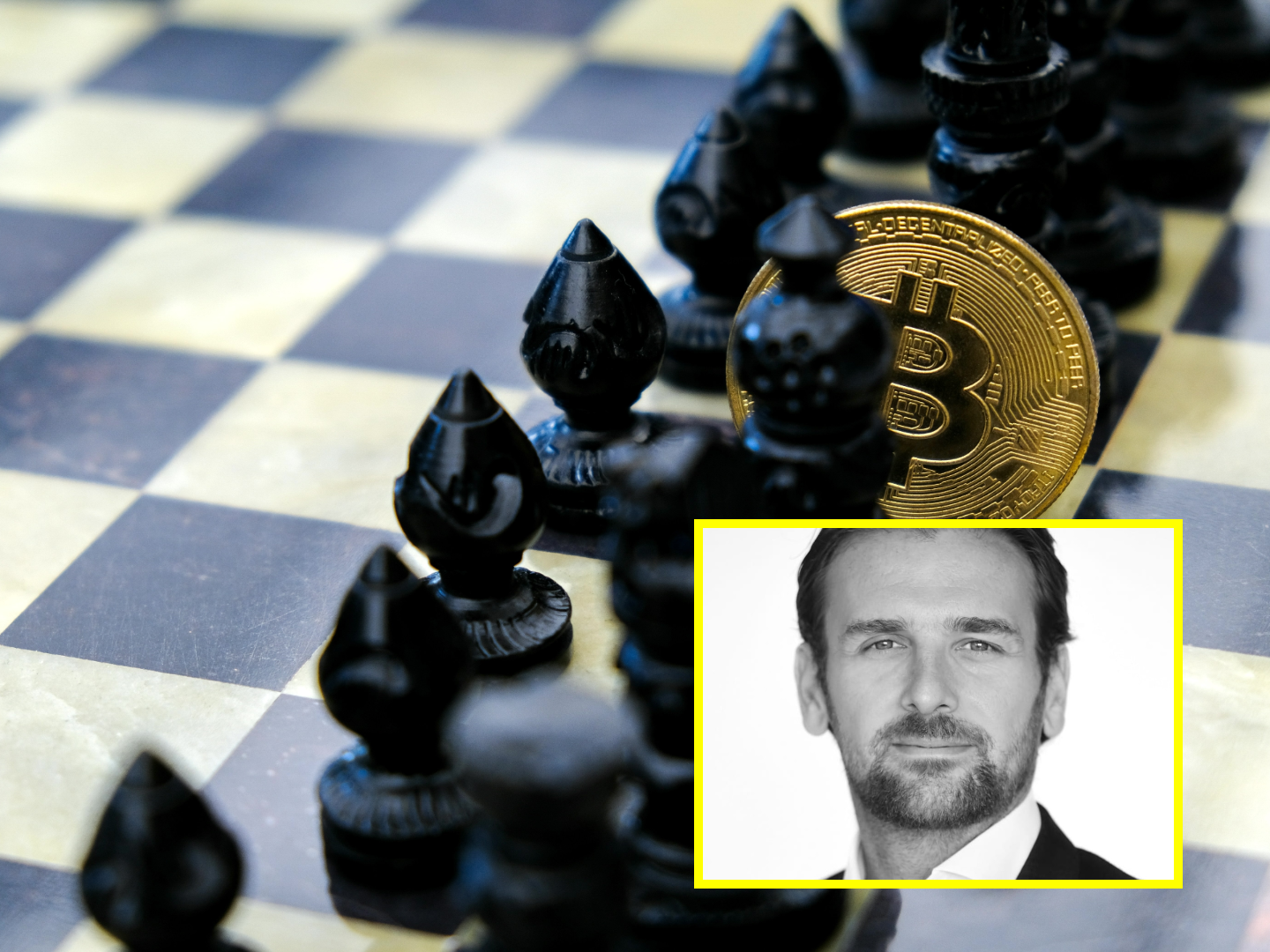

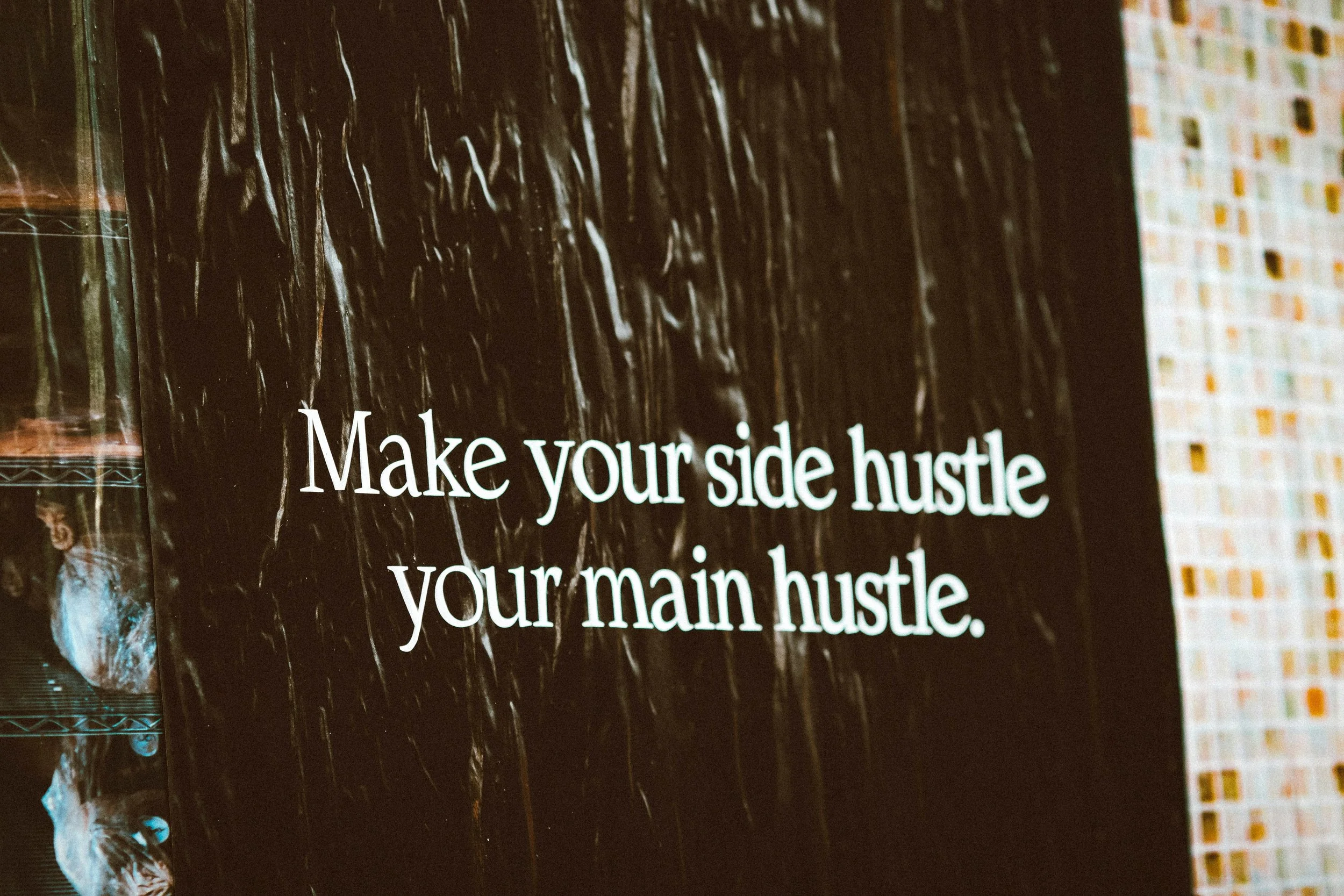
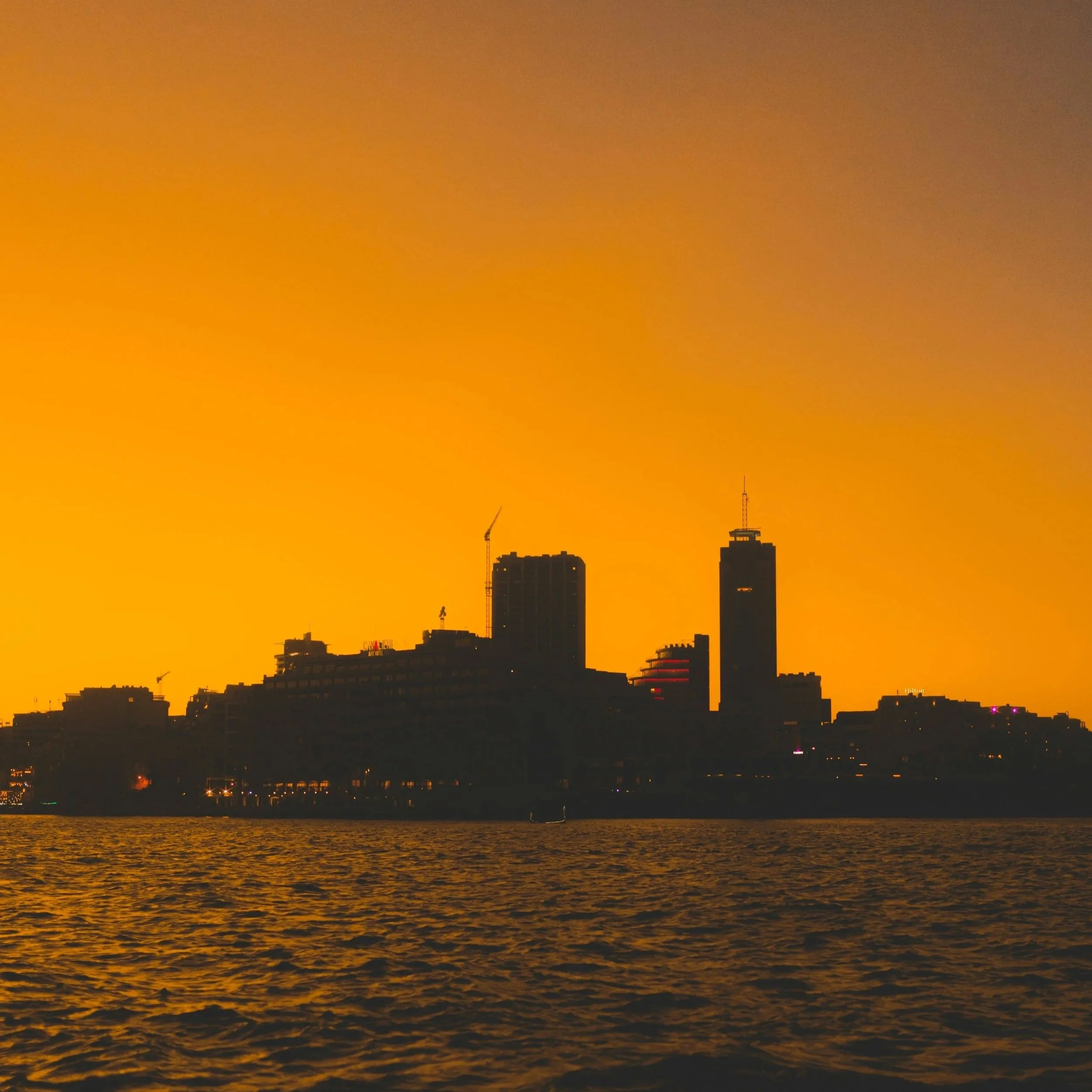
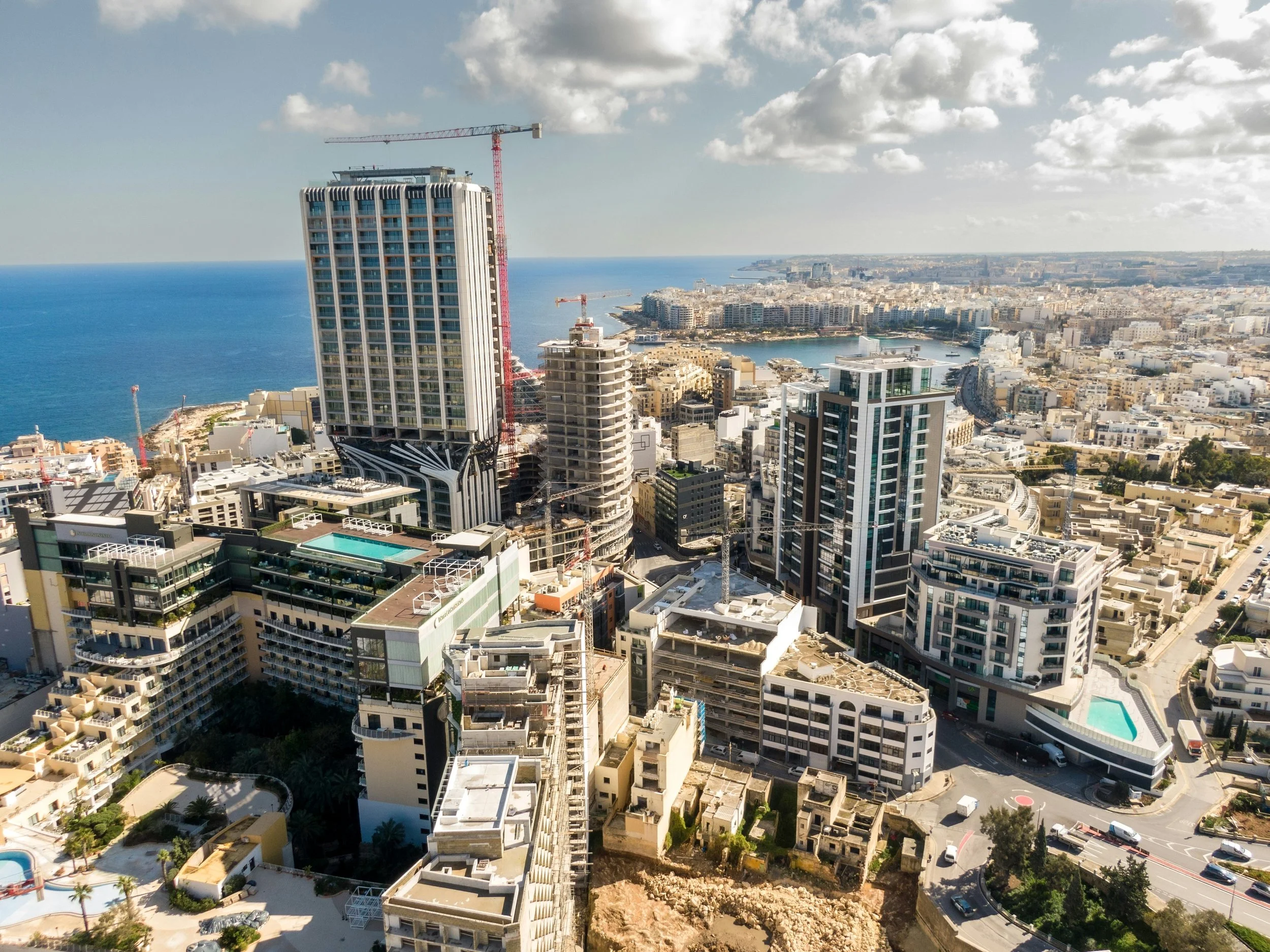
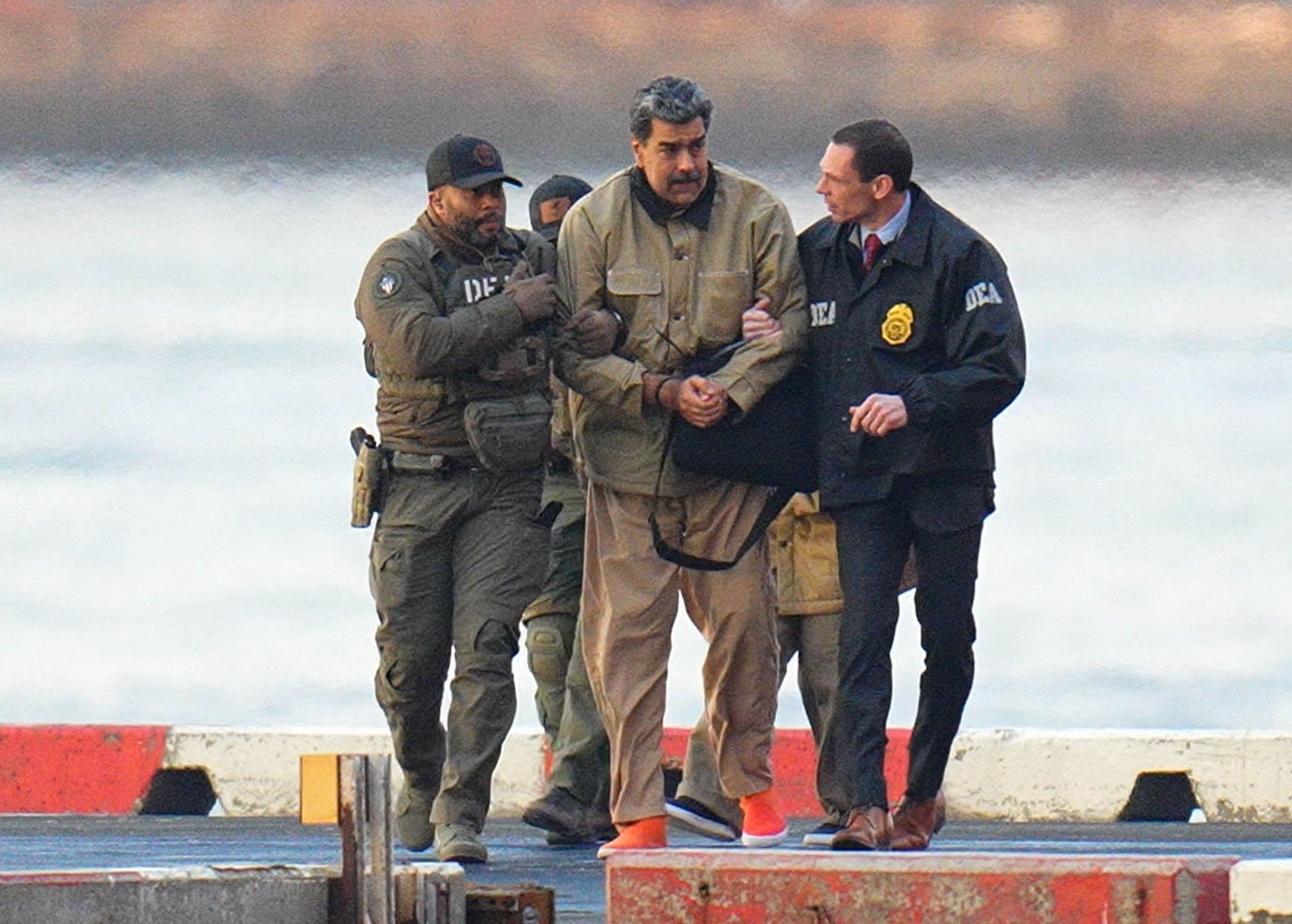

It's only been months since Alex Borg took the helm of the Nationalist Party, but the countdown to an election year has already started. In this wide-ranging interview with Vanessa Macdonald, he lays out his pitch to Malta's 100,000 non-voters, his plan to rebuild trust through structure and transparency, and why the PN must act like a "government in waiting" — not an Opposition on pause.